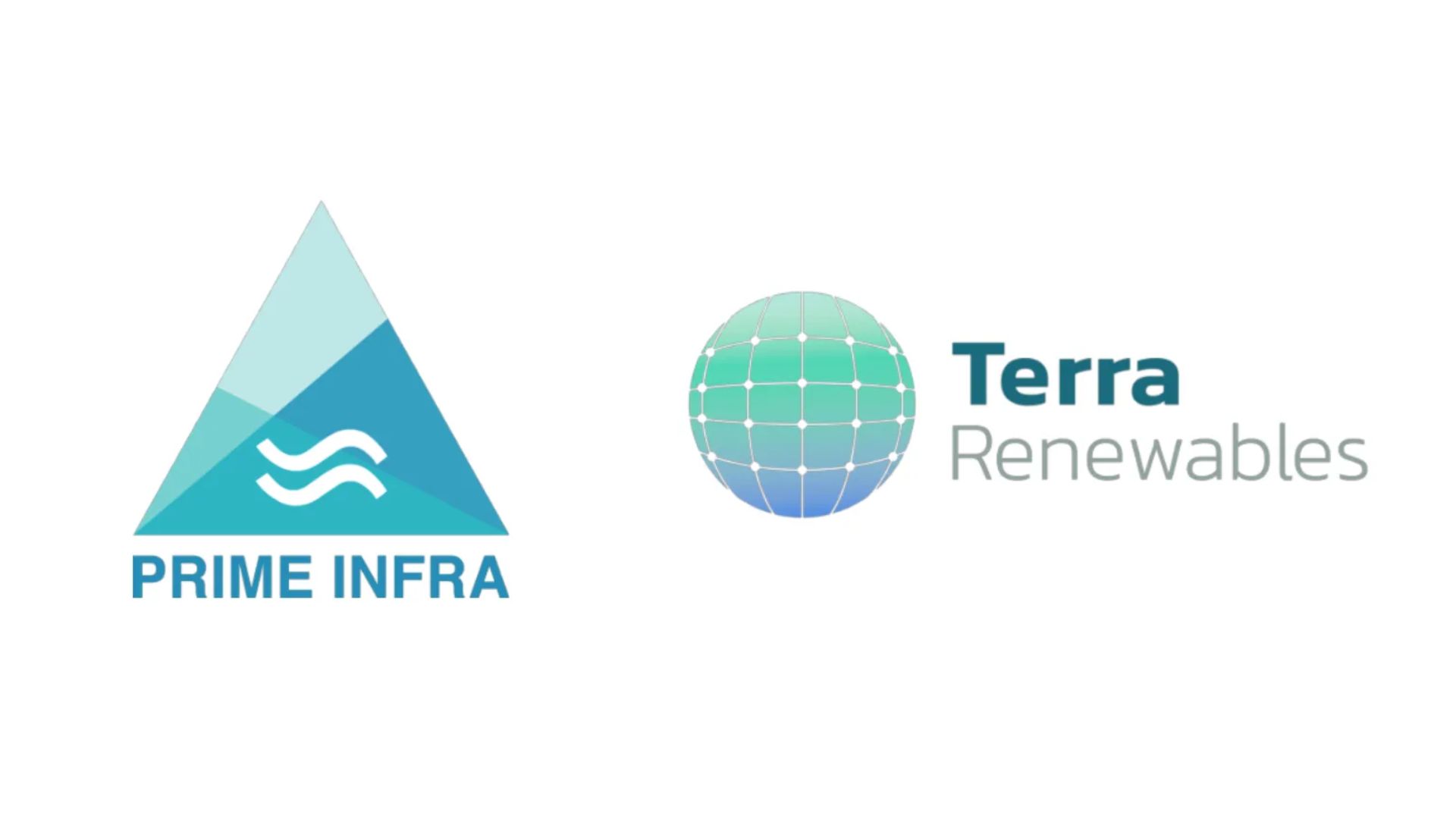BREAKING: Razon’s renewables unit to build the world’s largest solar power plus storage project
- June 8, 2022
- 0

Enrique Razon-led Prime Infrastructure Holdings, Inc. (Prime Infra) is set to build the world’s largest solar power facility with a capacity of 2,500MW to 3,500MW combined with 4,000MWh to 4,500MWh battery energy storage system (BESS) boosting the supply of renewable energy in the country.
Once constructed, the new solar power plant easily overshadows the Bhadla Solar Park in India and Huanghe Hydropower Hainan Solar Park in China, which both boast of having a capacity of 2,200 MW.
The project will be undertaken by Terra Solar Philippines (Terra Solar), a unit of Terra Renewables Holdings, Inc., which is a renewable power subsidiary under Prime Infra’s control and in partnership with Solar Philippines Power Project Holdings, Inc. From this power facility, Terra Solar will supply 850MW to offtaker Manila Electric Company (MERALCO).
Earlier last year, Terra Solar submitted its bid as an original proponent and following the Department of Energy’s (DOE) approval, went through the competitive select
This development is seen as a boon to MERALCO, which will increase its renewable energy sourcing as mandated by the Department of Energy’s Renewable Portfolio Standards (RPS). Under the RPS, companies are required to source a minimum percentage of their energy portfolio from renewable energy sources.
In a statement, Prime Infra president and CEO Guillaume Lucci said: “We, at Prime Infra, are delighted to move forward with MERALCO on this record-breaking project that highlights solar power’s important contribution to strengthening the country’s energy security — solar, which is normally looked at for peaking, is now being made available by Terra Solar to answer Meralco’s mid-merit requirement, thereby addressing both the need for additional capacity and compliance with RPS. DOE and Meralco should be commended for approving a project that is not only transformational for the renewable energy landscape, but also for managing to do so at a competitive price.”
“Prime Infra finds a sweet spot to pursue solar as we take advantage of the steep decline in installation costs over the past decade and the improved battery energy storage system technology that allows us to bu
The Philippines is one of the most aggressive governments in the ASEAN region in terms of promoting renewable energy. On top of the strides made since the 2008 Renewable Energy
Today, renewables in the Philippines account for 29.1% of installed capacity and could still be ramped up with the contribution of solar energy.
The Terra Solar project is a model of dependable renewable energy, which represents a stable price not subject to fuel imports volatility for the rest of its 20-year contract. According to Terra Solar’s projection, the 850MW supply can displace an annual consumption of approximately 1.4 million tons of coal or 930,000 liters of oil. This means reduction in both greenhouse gas emissions and import dependency for the country from 2026 to 2046.
For the MERALCO power supply agreement, 600 MW will be available by 2026, while the additional 250 MW will be delivered in 2027.